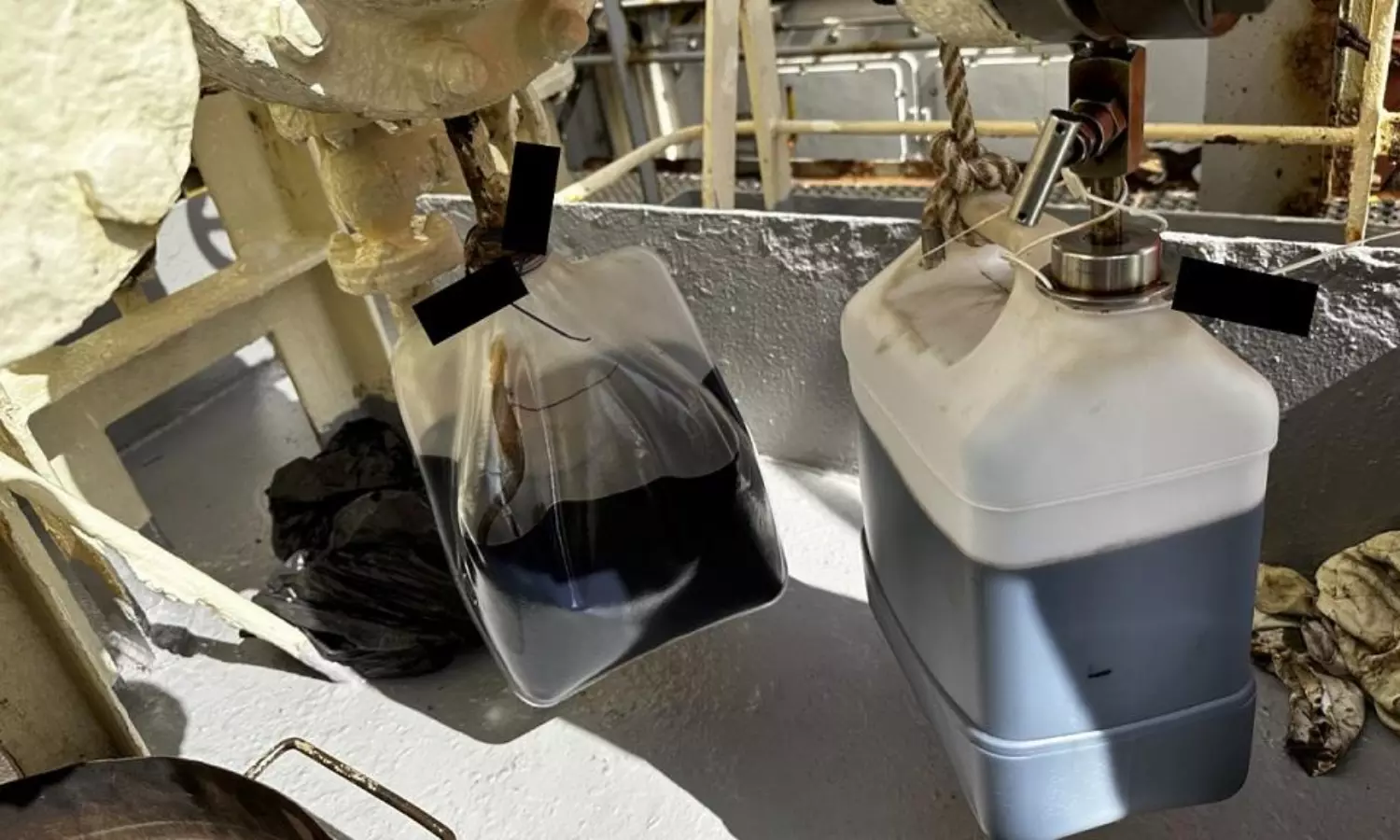GCMD-led consortium tests 2 supply chains of sustainable biofuels
Trials covered tracing biofuels from production sites outside Singapore to Singapore where fuels were blended & bunkered

The Global Centre for Maritime Decarbonisation (GCMD) has successfully completed trialling two supply chains of biofuel blends sourced from different origins.
"The supply chain trials covered tracing biofuels from their production sites outside Singapore to Singapore where the fuels were blended and bunkered," says an official release.
"Lab testing of the fuels continued until they were consumed onboard. These trials took place from October 31, 2022 to February 15, 2023 and involved five vessels. Approximately 4,700 tonnes of sustainable biofuel blends were bunkered, and the last batch will be consumed by the end of February."
Two sustainable biofuel blends were used in the trials - Used Cooking Oil Methyl Ester (UCOME), a type of Fatty Acid Methyl Ester (FAME), blended with Very Low Sulphur Fuel Oil (VLSFO) and UCOME blended with High Sulphur Fuel Oil (HSFO). "The UCOME used in both biofuel blends is produced from residue or feedstocks labelled 100% waste and is ISCC certified.
"In the first supply chain, Chevron provided B24 VLSFO (24 percent biofuel blend) to CMA CGM Maupassant and MOL Endowment, the latter a vessel operated by ONE. Additionally, Chevron bunkered B20 HSFO (20 percent biofuel blend) in its own Singapore Voyager and in Elizabeth I.A. that is owned by Angelicoussis Group and managed by its oil tanker shipping unit, Maran Tankers Shipmanagement. In a separate supply chain, TotalEnergies Marine Fuels provided B24 VLSFO to Lycaste Peace that is owned by NYK and chartered to Astomos Energy Corporation."
To ensure transparency and integrity of the supply chains for biofuels and biofuel blends from end-to-end, GCMD deployed a range of tracing techniques including dosing with physical tracers, fingerprinting, and deploying a lock-and-seal methodology, all of which were complemented with laboratory testing and analyses at numerous predetermined points from fuel production to consumption, the release said.
"MOL Endowment was refuelled with 992 tonnes of marine biofuel product at the Port of Singapore on December 21, 2022. The vessel, deployed on ONE’s Japan Straits Malaysia (JSM) service, fully utilised the biofuel in 20 days. Biofuel consumption started on January 7, 2023 after the vessel left the port of Kobe in Japan, passing Keelung, Hong Kong and then sailed to Southeast Asia. The biofuel was fully consumed on January 26, 2023, on its return voyage to Japan from Port Klang," says a release from Ocean Network Express (ONE).
The biofuel used was B24 supplied by Chevron, the ONE release added. The trial required no modifications to the marine engines or fuel infrastructure. It also demonstrated that marine biofuel products can be considered ‘Drop-in fuels’ for reducing carbon emissions from ships.
“Through these trials, we have gained a better appreciation of the complexities of real-world operations," says Prapisala Thepsithar, Director, Projects, GCMD and project lead on this drop-in fuel assurance pilot. "We have learned the hard lesson that not all tracing techniques are directly applicable for tracing sustainable biofuels as they stand, and we are currently undertaking efforts to refine their deployment. I am grateful for the support from and flexibility of our project partners in overcoming the roadblocks encountered during our trials. These learnings will inform our subsequent trials in the months ahead.”
With the data collected from the completed trials and additional data to be collected from the three other supply chains, GCMD is working with Boston Consulting Group (BCG), one of its Impact Partners, to develop a robust framework for GHG accounting and conduct cost-benefit analysis of deploying biofuels, the release added.


